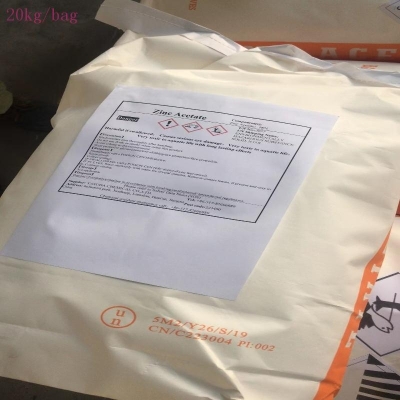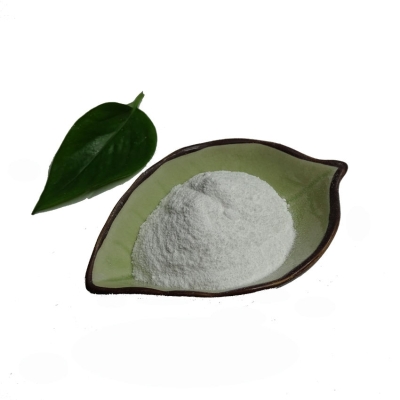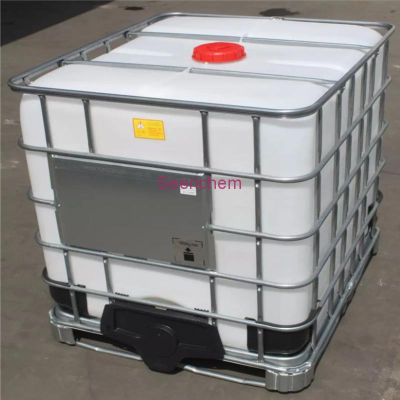-
Categories
-
Pharmaceutical Intermediates
-
Active Pharmaceutical Ingredients
-
Food Additives
- Industrial Coatings
- Agrochemicals
- Dyes and Pigments
- Surfactant
- Flavors and Fragrances
- Chemical Reagents
- Catalyst and Auxiliary
- Natural Products
- Inorganic Chemistry
-
Organic Chemistry
-
Biochemical Engineering
- Analytical Chemistry
-
Cosmetic Ingredient
- Water Treatment Chemical
-
Pharmaceutical Intermediates
Promotion
ECHEMI Mall
Wholesale
Weekly Price
Exhibition
News
-
Trade Service
The latest statistics released by the National Customs show that in 2016, China exported 26.
72 million tons of chemical fertilizers, down 22.
5% year-on-year; the cumulative export value was US$6.
513 billion, down 40% year-on-year.
At the same time, China's fertilizer imports also declined last year.
In terms of exports, the cumulative export of urea was 8.
86 million tons, a year-on-year decrease of 35.
6%.
This was the first time in the past three years that the export volume of urea was below 10 million tons; the cumulative export of diammonium phosphate was 6.
8 million tons, a year-on-year decrease of 15.
3%; potassium sulfate and nitrogen, phosphorus and potassium The decline of ternary compound fertilizer was even greater.
The cumulative export volume was 27,000 tons and 7711 tons, down 64.
6% and 88.
4% year-on-year, respectively.
Although the export tariffs continued to maintain more preferential policies in 2016, the export volume was relatively low.
There are three main reasons for the sharp decline: First, the international market is sluggish, the demand for agricultural fertilizers is flat, and it is difficult for China's fertilizer exports to continue to grow; second, with the increase of new international production capacity, the competition in the international fertilizer market is becoming increasingly fierce, and the cost of fertilizer production in China The competitiveness of the international market has declined.
Third, since October last year, the domestic market demand has turned strong, and the prices of urea and other products have risen sharply.
Enterprises have shifted their focus to ensuring domestic demand, and exports have decreased.
In 2016, China imported 8.
32 million tons of chemical fertilizers, a year-on-year decrease of 25.
4%; the cumulative import value was US$2.
406 billion, a year-on-year decrease of 38.
7%.
Among them, the cumulative import of potassium chloride was 6.
82 million tons, a year-on-year decrease of 27.
6%; nitrogen, phosphorus and potassium were three yuan The cumulative import of compound fertilizers was 1.
13 million tons, a decrease of 22.
6% year-on-year.
The main reason for the decline in imports was that as China's fertilizer production capacity increased and the self-sufficiency rate increased, domestic fertilizers replaced some imports.
72 million tons of chemical fertilizers, down 22.
5% year-on-year; the cumulative export value was US$6.
513 billion, down 40% year-on-year.
At the same time, China's fertilizer imports also declined last year.
In terms of exports, the cumulative export of urea was 8.
86 million tons, a year-on-year decrease of 35.
6%.
This was the first time in the past three years that the export volume of urea was below 10 million tons; the cumulative export of diammonium phosphate was 6.
8 million tons, a year-on-year decrease of 15.
3%; potassium sulfate and nitrogen, phosphorus and potassium The decline of ternary compound fertilizer was even greater.
The cumulative export volume was 27,000 tons and 7711 tons, down 64.
6% and 88.
4% year-on-year, respectively.
Although the export tariffs continued to maintain more preferential policies in 2016, the export volume was relatively low.
There are three main reasons for the sharp decline: First, the international market is sluggish, the demand for agricultural fertilizers is flat, and it is difficult for China's fertilizer exports to continue to grow; second, with the increase of new international production capacity, the competition in the international fertilizer market is becoming increasingly fierce, and the cost of fertilizer production in China The competitiveness of the international market has declined.
Third, since October last year, the domestic market demand has turned strong, and the prices of urea and other products have risen sharply.
Enterprises have shifted their focus to ensuring domestic demand, and exports have decreased.
In 2016, China imported 8.
32 million tons of chemical fertilizers, a year-on-year decrease of 25.
4%; the cumulative import value was US$2.
406 billion, a year-on-year decrease of 38.
7%.
Among them, the cumulative import of potassium chloride was 6.
82 million tons, a year-on-year decrease of 27.
6%; nitrogen, phosphorus and potassium were three yuan The cumulative import of compound fertilizers was 1.
13 million tons, a decrease of 22.
6% year-on-year.
The main reason for the decline in imports was that as China's fertilizer production capacity increased and the self-sufficiency rate increased, domestic fertilizers replaced some imports.







